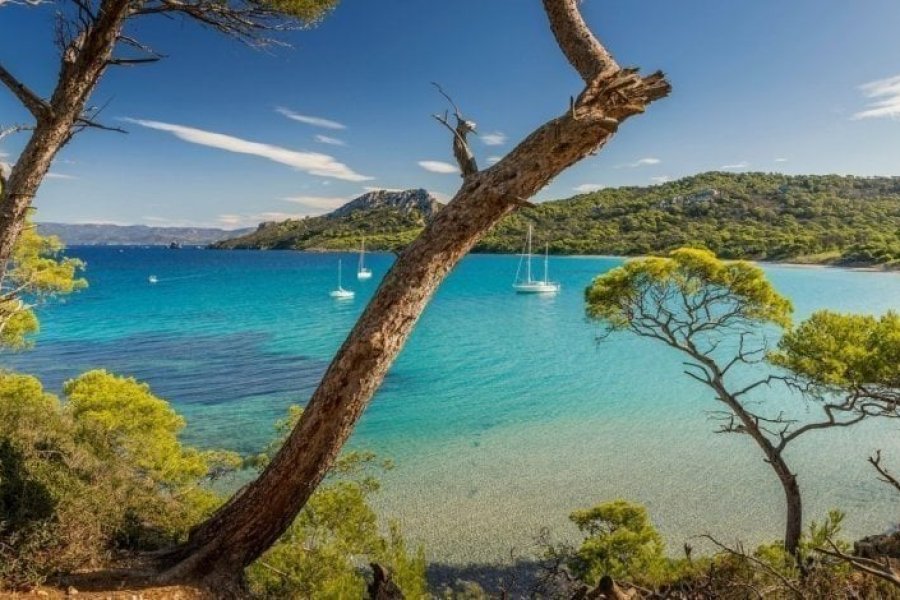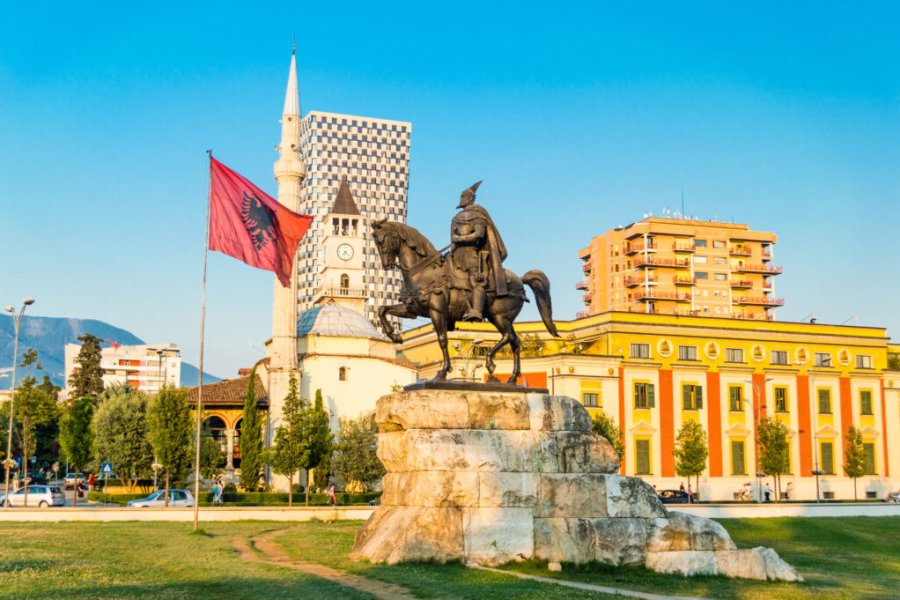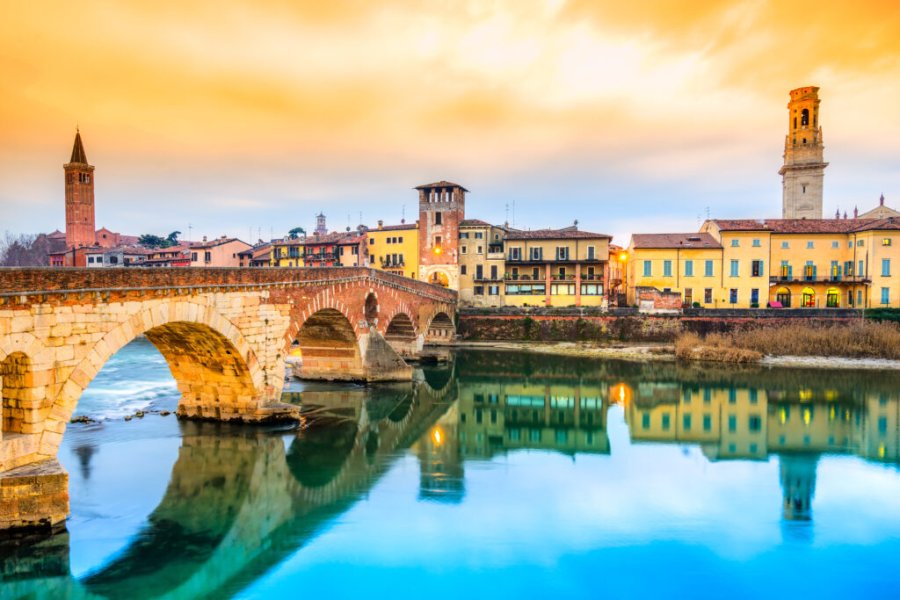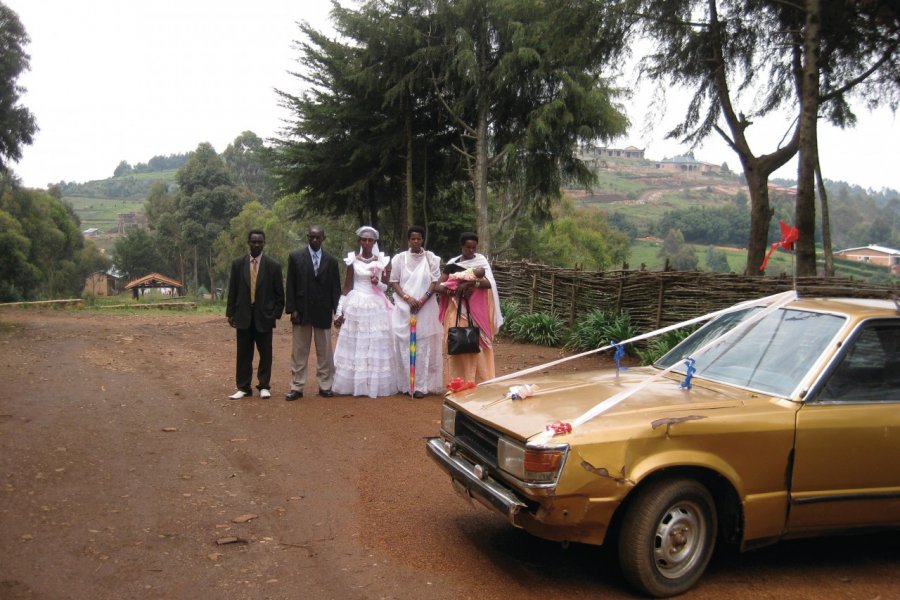Travel Guide Ijenda
Find an accommodation
Advertising
Whether from Bururi, from Gitega by Makebuko, Gishubi, or Mwaro, or Rutana to the east, the RN 7 that is necessarily joined to return to Bujumbura passes through Ijenda, at the threshold of central plateaus on the Congo-Nile Ridge (2 200 m altitude). The entire region around Ijenda is beautiful, because the city meets both the grassy hills of the highlands, the wooded ridge (Mount Heha, 2 670 m) and the Mirwa Mountains, with their slopes that déboulent down to Lake Tanganyika. It is a dream area for nature buffs, but also for agro-industrial explorations: after Rwegura and Teza in the north, Ijenda is indeed the third largest théicole production site in the country (plant opened in 1984). The landscape of the plantations does not resemble those of Teza where the glittering green of tea plants contrasts with the deep greens of the Kibira: forest is less ancient and human action is for something. But the spectacle of the lumineuses leaves of the bushes remains captivating, and it continues almost continuously between Ijenda and Tora, farther south-east.Ijenda, 45 km from the capital to the south-west, is a small village perched in the mountains whose good children's atmosphere and the beautiful St. Aloys church, away from the road, are pleasant. The centre is of limited interest, except for its beautiful church of red brick, but the surrounding landscapes, between conifers, tea plantations and Prairies meadows, are superb. About 13 km after Bujumbura going to Ijenda, on a terrace overlooking the road, the old parish of Buhonga, one of the oldest Catholic settlements in the country (1902). Just before you arrive in Ijenda, kilometres from the capital, you can relax at the Ciella Club, a friendly and relaxing place to stay.A village apart. Ijenda has a separate personality. On the edge of the théicole complex, it is the capital of the Burundian potato, sold in detail on the (small) market or near the church (some varieties, some of which are difficult to find in Bujumbura). The local population also has a special reputation in the country: it is said that people from here are more reserved than elsewhere, that they are stealth and work in the mystery. A kirundi expression is thus used in propos: " Go to Ijenda (tugire akanye jenda) ", which means doing low masses… Generalization is probably abusive, like all regional reputations. Discretion is also a feature of social mores relatively shared by all Burundians.
What to visit Ijenda?
Advertising
Suggested addresses Ijenda
Weather at the moment
Advertising
Organize your trip with our partners Ijenda
Transportation
Book your plane tickets
Car Rental
Boat rental
Accommodation & stays
Find a hotel
Holiday rental
Find your campsite
Tailor-made trip
Immersion travel
Services / On site
Activities & visits
Find a doctor






